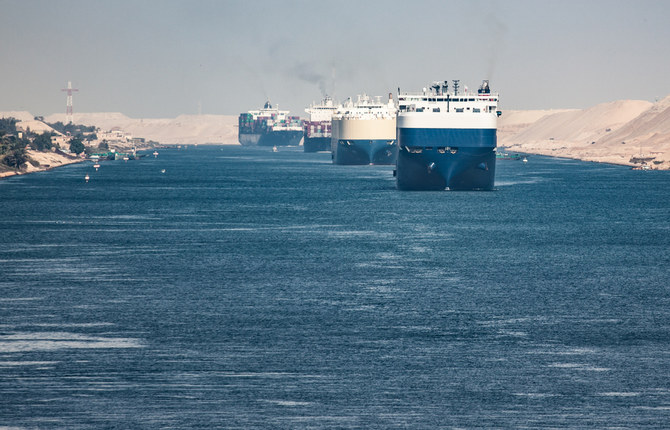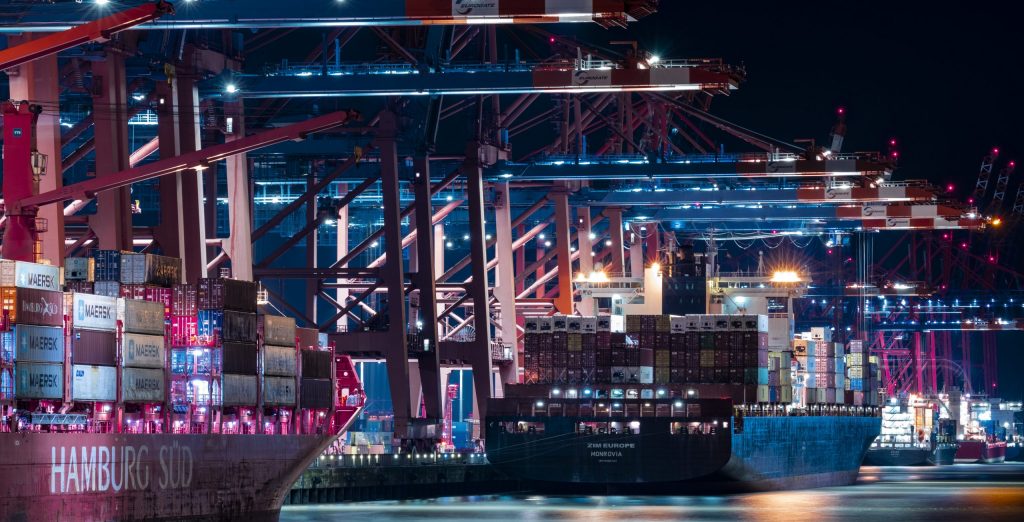Egypt’s Suez Canal Economic Zone (SCZone) signed in January five framework agreements to launch projects worth approximately $250 million in total, according to a Cabinet statement.
Under the agreements, the Suez Canal Economic Zone will participate in the preparation of feasibility studies for various projects, which would be an initial step to 50 other agreements currently under negotiations, SCZone’s Chairman Waleed Gamal El-Dien stated.
Agreement details
The five agreements encompass a deal with the Aurajlo Company for the Garment Industry that will construct a ready-made clothes factory spanning 75,000 square meters, with investments amounting to $150 million under the usufruct system.
They also include a deal with a subsidiary of Youssef Allam Group, which will undertake a PET plastic recycling project on a 10,000 square meter plot, with a total investment of $15 million.
In addition to a deal with Jade Textile to establish a textile and dyeing project covering an area of 100,000 square meters, with investments totaling $65 million.
Moreover, Orchidia Pharmaceutical Industries will establish a pharmaceutical factory on a 10,000-square-meter plot, with investments exceeding EGP 1 billion.
Furthermore, El-Hamd company will implement a wood industry project spanning 12,700 square meters, with investments amounting to EGP 129 million.
The SCZone has successfully attracted numerous investors over the past few years, highlighting its growing appeal as an investment destination.
SCZone’s revenues hit an all-time high of over EGP 6 billion in FY2022/2023, which ended in June, representing a 78% growth in revenues compared to EGP 3.490 billion in a fiscal year earlier.
It also received a total of $1.85 billion in investments between 1 July and 25 December, according to SCZone’s data.
Red sea attacks
On the other hand, the ongoing Houthi attacks on the ships in the Red Sea have been weighing on the Suez Canal, one of the key sources of hard currency for Egypt, and its related projects. As a result, a wide range of shipping companies transiting the Red Sed rerouted into other maritime and land lanes
This development caused a 40% drop in Suez Canal revenues in early January compared to the corresponding period last year, according to the head of the Suez Canal Authority Osama Rabie.
“The heightened security situation in the Red Sea highlights the ongoing unpredictability and could entail a significant hit to shipping, regional trade, and possibly Internet connections. Should the conflict escalate, a more severe or persistent negative impact on tourism could materialize”, according to Jihad Azour, the Director of the Middle East and Central Asia Department at the International Monetary Fund (IMF).
According to the IMF’s estimations, Houthi attacks on cargo ships have cut Red Sea container traffic by almost 30%.
Egypt counts on the revenues of the Suez Canal and its associated projects and activities, along with remittances, exports, and tourism in terms of its plan to attract $191 billion by 2026 in a bid to replenish its US dollar liquidity amid a severe shortage the country has been suffering for over two years now.







